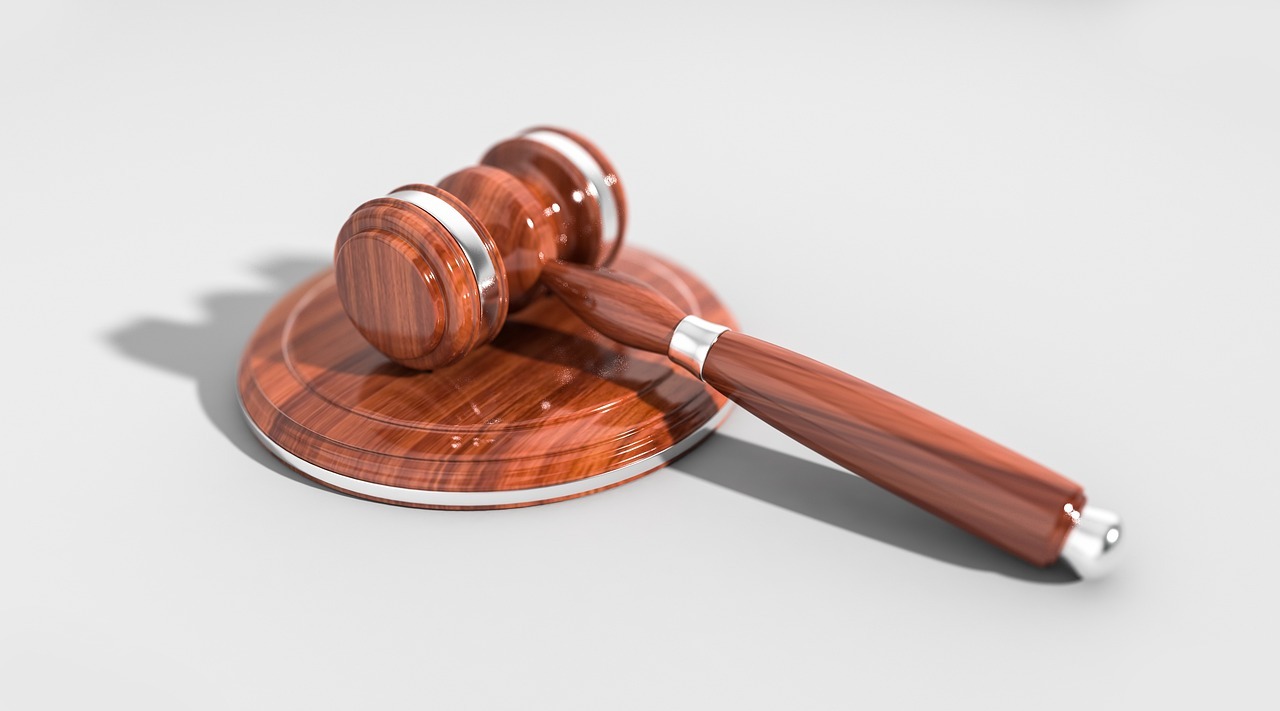There are mainly ten processes involved if charged in a state or county court in Oklahoma, beginning with the arrest and ending with the appeal (if found guilty). The procedures in federal court differ from those described below. Of course, at any point throughout the inquiry, your lawyer’s decisions, the outcomes of motions, or a last-minute “plea bargain” could eliminate a few of the processes. If you are involved in any criminal case, contact the Fassio Law.
What are the steps involved in a criminal legal process?
1. Investigation
Usually, this procedure was finished before the defense attorney’s intervention. Whether or not the State’s inquiry is finished, the research may uncover additional details that might support your defense, prevent a charge from being made, or lead to a dismissal. Even if you say that you are “guilty,” your attorney could still launch a “mitigation” inquiry to gather evidence for the District Attorney (“D.A.”) or the Judge to support your case that you are an honest individual who deserves a second chance. At this point, until the accused is called in for interrogation, it is likely that the defendant does not have the right to an attorney.
2. Arrest
If legal assistance is requested before the arrest, this might be avoided. The accused usually gets arrested in state court cases before he is made aware that he is a suspect or a target of an inquiry.
3. Bail / initial appearance
After being detained, you can post bail or have a court hearing. To have your detention reviewed, law enforcement must ensure you are seen by a judge as soon as possible.
4. Preliminary hearing conference
The State’s and the defendant’s lawyers meet during this meeting to see whether a plea bargain can be generated. A preliminary hearing is planned (or the matter can be dropped) if it cannot be achieved. Depending on the county, there can be two or three conferences.
5. Arraignment
Both the misdemeanor and felony judicial proceedings involve an arraignment. For a misdemeanor charge, the arraignment may also occur during the initial appearance; however, for a felony charge, the arraignment occurs following the preliminary hearing.
6. Criminal trial
Depending on whether a charge is a felony or a misdemeanor, criminal proceedings in Oklahoma differ a bit. While a felony trial requires twelve jurors, a misdemeanor trial may have a jury of six.
7. Criminal sentencing
Despite the jury’s recommendation, the judge ultimately decides the judgment and punishment. The judge can postpone or reduce the sentence but not be harsher than the jury. The court also chooses how and when the defendant will serve if there are numerous counts.
